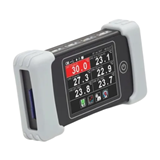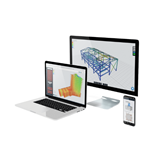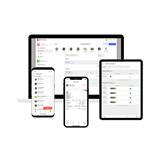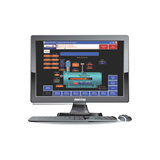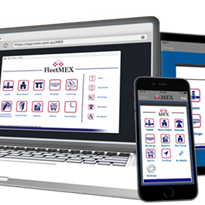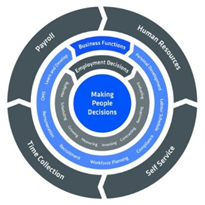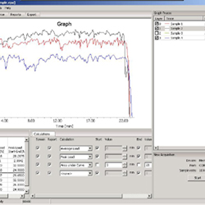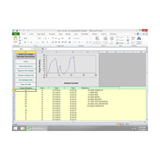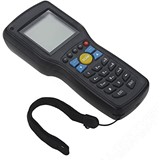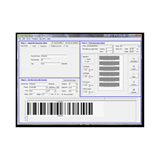The power of ‘big data’ can be harnessed by just about every facet of your business. It’ll help you set prices, focus advertising on the people who are likely to be interested in your products and services, and help you convert those leads into paying customers.
It might not seem obvious that data can benefit your Human Resources department in the same way. But your staff are what makes your business work, and the more you know about them, the better equipped you’ll be to make decisions that will get the best from them. Let’s take a look at why big data matters to your HR department.
You’ll have a better idea of why employees leave
Data can help companies retain staff that might otherwise have departed. It allows HR departments to spot trends and reduce turnover in a workforce. Surveys can be carried out, providing a regular and quantifiable means of tracking employee satisfaction, and the external factors with which that satisfaction might correlate.
If your top-performing employees have their foot out of the door, then you need to know about it. What’s more, you’ll need to know what’s most likely to persuade them to stay put. Whether it’s additional perks, greater flexibility, or support during stressful times, data allows you to retain the talent that makes your business thrive.
You’ll have a better idea of how to recruit new employees
With the right data at your disposal, you’ll be able to predict exactly which attributes translate into results in particular roles in your organisation. You’ll build a picture of the sort of recruit who goes onto enjoy repeated promotions and salary increases, and who’ll stick around for the long-term.
Hiring decisions are among the most important that any professional has to make. The biases of an interviewer will inevitably colour a recruitment process – but if your choice is also informed by quality data, this problem can be corrected, and you’ll find a candidate who’s fit for the job and for the team they’ll be joining.
You’ll be able to develop better, more targeted training
Identifying areas of weakness in your company is key to improvement – and this is particularly so where employees are concerned. Through data, you’ll be able to see where employees are going wrong, and take steps to put things right. Employees who demonstrate the qualities you’re looking to instil into your larger workforce can be brought into positions of influence, where they’ll be able to lead by example.
You’ll be able to offer the right incentives
Incentivising good behaviour allows that behaviour to proliferate through your business, eventually forming a winning culture. But what form should those incentives take? This is another question to which the right data can form an answer. Where employees demonstrate the right qualities, you’ll be able to reward them effectively.
Motivating employees needn’t always mean flinging money at them. It might be that one of your offices enjoys lower staff turnover than another, even where salary differences are minimal. Informed HR software allows you to zoom in an identify these trends, and find out what’s behind them. In this way, big data provides employers with the knowledge they need to improve engagement and foster a company-wide culture of productivity.
Reduced administrative costs
An integrated, automated solution to your HR needs will remove the need to pay a small army of administrators to spend hours poring over clocking-in cards and absence problems. Absenteeism can be recorded and logged without human involvement, and mapped against the highly-influential Bradford Factor.
Integrated data is better data
As Peter Cappelli noted last year in Harvard Business Review, one of the major challenges for most HR departments is to use data at all, never mind the ‘big’ sort. Having different sets of data stored in separate and incompatible databases will limit the conclusions that business leaders can draw. Do bonuses yield an improvement in productivity? Is this so across the company? Are university-educated candidates more productive in a given role? A single, integrated solution, on the other hand, allows us to delve into the data and find answers to these questions.
You’ll be able to analyse easily
Data is meaningless unless people can interpret and act upon it. And the larger the body of data collected, the more difficult is to get to grips with. That’s why powerful search and analysis functions are so important. A human decision-maker can tag documents they deem important, and filter according to a number of criteria to more easily find and act upon the information they’re looking for. With the help of modern analytics software, such reports can be automatically generated. Each can be made easy-to-read and intuitive, allowing managers to act upon them in confidence.



